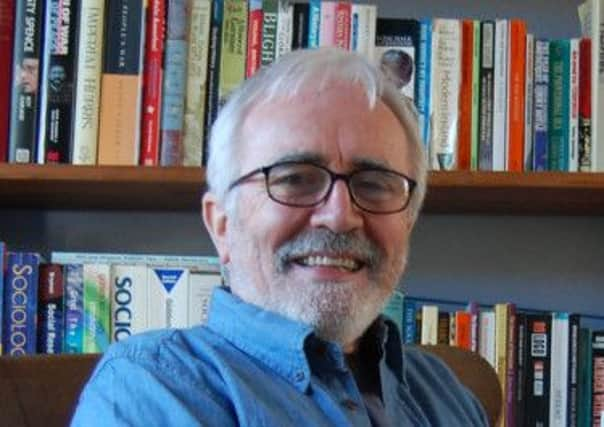A challenge: Read Matthew 23


I quoted the example the other week of the sentence: ‘I didn’t say he stole the money!’, making the point that the sentence can have at least six different meanings, depending on which word you emphasise.
I also drew attention to the Kalahari Bushmen, whose religion and much of their cultural identity, it is claimed, have remained unchanged for 60,000 years. Anthropologists argue that one reason is, they do not commit their values and belief systems to writing. By doing so, they would open the door to misinterpretation, either by accident or design.
Advertisement
Hide AdAdvertisement
Hide AdIn the same way, it seems to me that our opinions and beliefs about the nature and character of God have, to a large extent, been formed by murky elements of our early religious fathers.
For example, there is a little verse in the Old Testament Book of Ezekiel that says: ‘The soul that sins will die!’ That had been impressed on me as a child as a warning: you tell a lie, and God, the great policeman in the sky, will clobber you.
In a way, it can be thus interpreted, but put it in context and it is amazing how differently it reads. Actually, what God was saying through the mouth of his prophet was: ‘Why do you quote this proverb concerning the land of Israel: “The parents have eaten sour grapes, but their children’s mouths pucker at the taste”? As surely as I live, says the Sovereign Lord, you will not quote this proverb anymore in Israel ...it is the person who sins who will die.’ In other words, the leaders were saying that the sins of the fathers will be visited on the children.
Why did they do it? Well, there is a view, which I happen to share, that they were more concerned with coming up with ways to control the people by fear. I am reminded of a conversation I had with a pastor of a big inner-city church in London on the topic of the freedom that Christ brings. He said, ‘Oh I could never tell my people how free they are, they might not come to church!’
Advertisement
Hide AdAdvertisement
Hide AdThere might be those who would view this as too radical for safety, but isn’t that exactly what is said in Matthew 23 – the one chapter in the New Testament that many of our religious leaders would have ripped out of the Bible if they could. I dare you to read it, bearing in mind that it is a record of what the Master himself said to the Pharisees. Here’s a taster: ‘What sorrow awaits you teachers of religious law and you Pharisees. Hypocrites! For you cross land and sea to make one convert, and then you turn that person into twice the child of hell you yourselves are!’
Who might he say those things to today? Work it out for yourselves, only do remember that it was the unchurched and the de-churched to whom the following shocker was addressed: ‘Christ has truly set us free. Now make sure that you stay free, and don’t get tied up again in slavery to the law.’ Could that be why Paul said: ‘There is only one mediator between you and your God, and it’s not your pastor’ (my paraphrase, 1 Tim 2:5)?